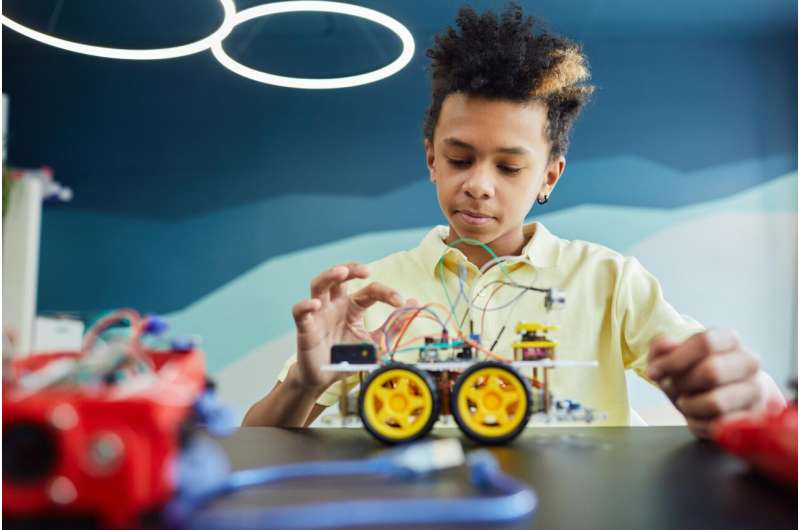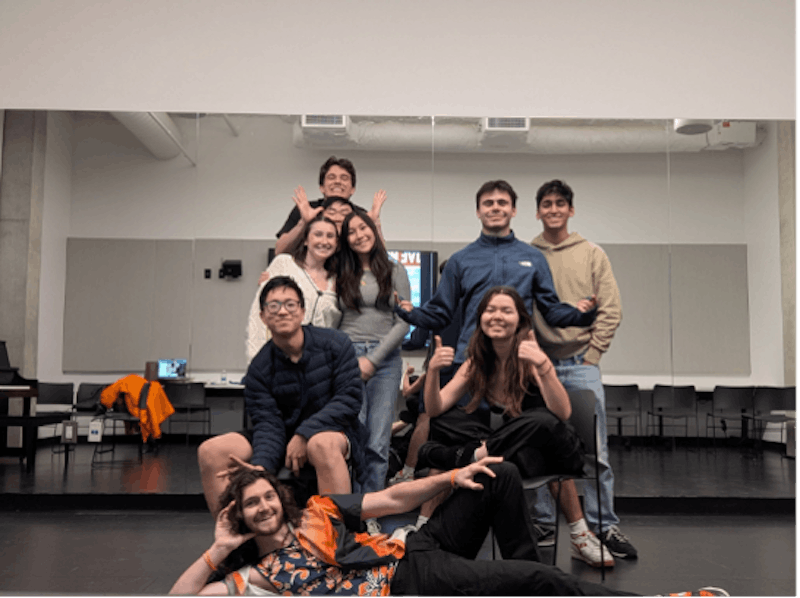The rapid evolution of generative artificial intelligence (AI) has prompted educators to seek guidance on how to effectively incorporate this technology into the classroom. To assist in this endeavor, the Massachusetts Institute of Technology (MIT) has released a new guidebook aimed at K-12 educators and school leaders. Titled “A Guide to AI in Schools: Perspectives for the Perplexed,” the book is designed to help schools navigate the complexities of AI integration while ensuring effective learning outcomes.
Support for Educators in a Changing Landscape
Developed by the MIT Teaching Systems Lab under the direction of Justin Reich, an associate professor in MIT’s Comparative Media Studies/Writing program, the guidebook draws on insights from over 100 educators and students across the United States. These contributions provide a diverse perspective on the challenges and opportunities presented by new generative AI tools.
“Throughout my career, I’ve tried to be a person who researches education and technology and translates findings for people who work in the field,” said Reich. He emphasized that the guidebook is intended to stimulate discussion rather than serve as a definitive manual. “We’re advocating for an ethos of humility as we examine AI in schools,” he added, acknowledging the uncertainty surrounding effective AI practices.
The guidebook offers a framework for K-12 educators, school leaders, and policymakers to explore AI’s implications, addressing critical challenges such as academic integrity and data privacy. Reich cautions that the landscape is still evolving, making it difficult to predict successful strategies for integration. “Writing a guidebook on generative AI in schools in 2025 is a little bit like writing a guidebook on aviation in 1905,” he remarked, highlighting the nascent stage of AI in education.
Addressing Learning Loss and Teacher Concerns
As schools grapple with the presence of AI, questions surrounding student learning loss and engagement have become paramount. “How does bypassing productive thinking with AI look in practice?” Reich questioned, noting that the shift in educational methods could have significant implications for student development.
In response to the challenges posed by AI, the Teaching Systems Lab has also launched a podcast series called “The Homework Machine.” This seven-part series, co-produced by journalist Jesse Dukes, delves into the transformative potential of AI in K-12 education. Each episode addresses critical issues such as AI adoption, pedagogy, and the impact of post-COVID learning loss.
“The academic publishing cycle doesn’t lend itself to helping people with near-term challenges like those AI presents,” Reich explained. The podcast format allows for timely discussions and the dissemination of information about AI’s impact on education, aiming to foster collaboration among educators facing immediate challenges.
Reich further emphasizes the importance of engaging various stakeholders, including students and parents, in conversations about AI adoption. “It’s like observing a conversation in the teacher’s lounge and inviting others to participate,” he said, underscoring the need for collective input in navigating AI’s complexities.
The guidebook and accompanying resources encourage a collaborative approach to developing long-term solutions for AI-related challenges in education. Reich advocates for patience and informed decision-making, urging educators to avoid quick judgments about AI strategies based on past experiences with technology.
As schools continue to adapt to the realities of AI, Reich remains optimistic about the potential for innovative solutions. “We can develop long-term solutions to schools’ AI challenges, but it will take time and work,” he stated. He also calls for a broader understanding of AI’s capabilities, encouraging educators to learn from various sources and to test ideas collaboratively.
In a landscape where AI is increasingly integrated into classrooms, the guidebook serves as a vital resource for educators striving to enhance student learning while navigating uncharted territory. With ongoing discussions and shared experiences, K-12 schools can work towards effective AI implementation that benefits both teachers and students.
For more information, visit the guidebook’s official site: tsl.mit.edu/ai-guidebook/







